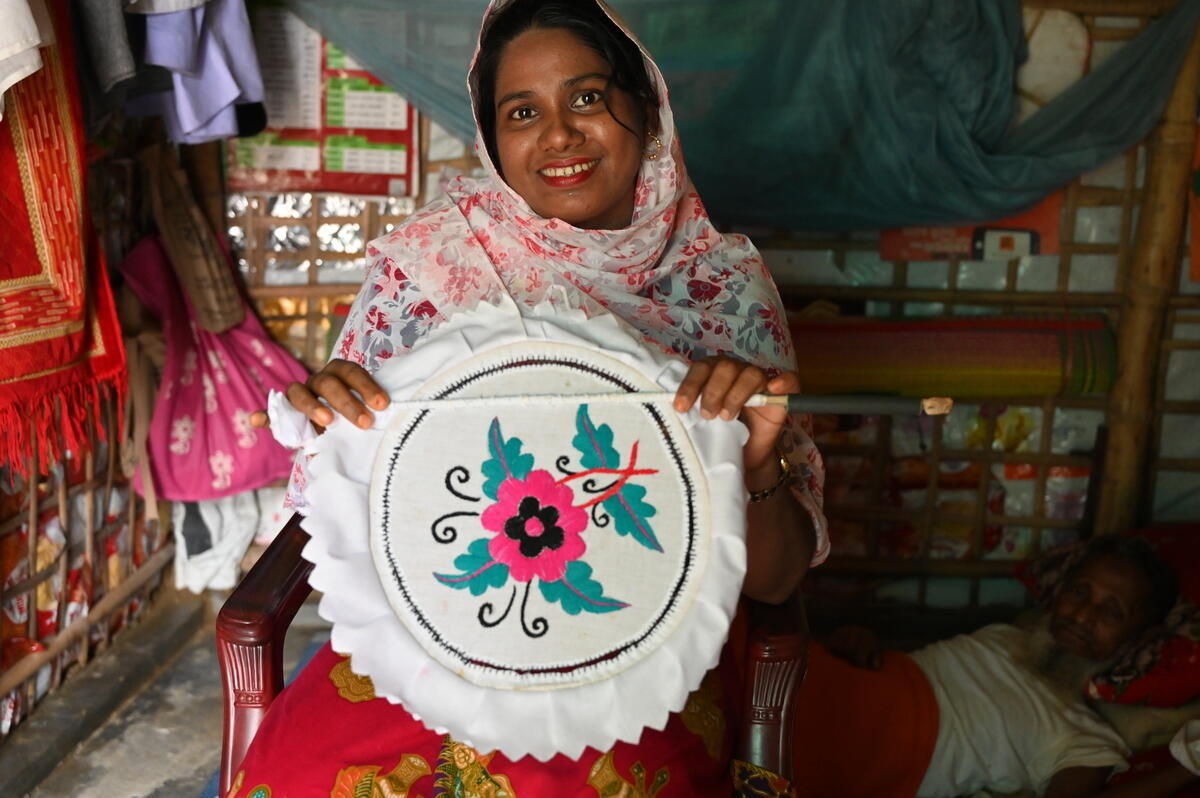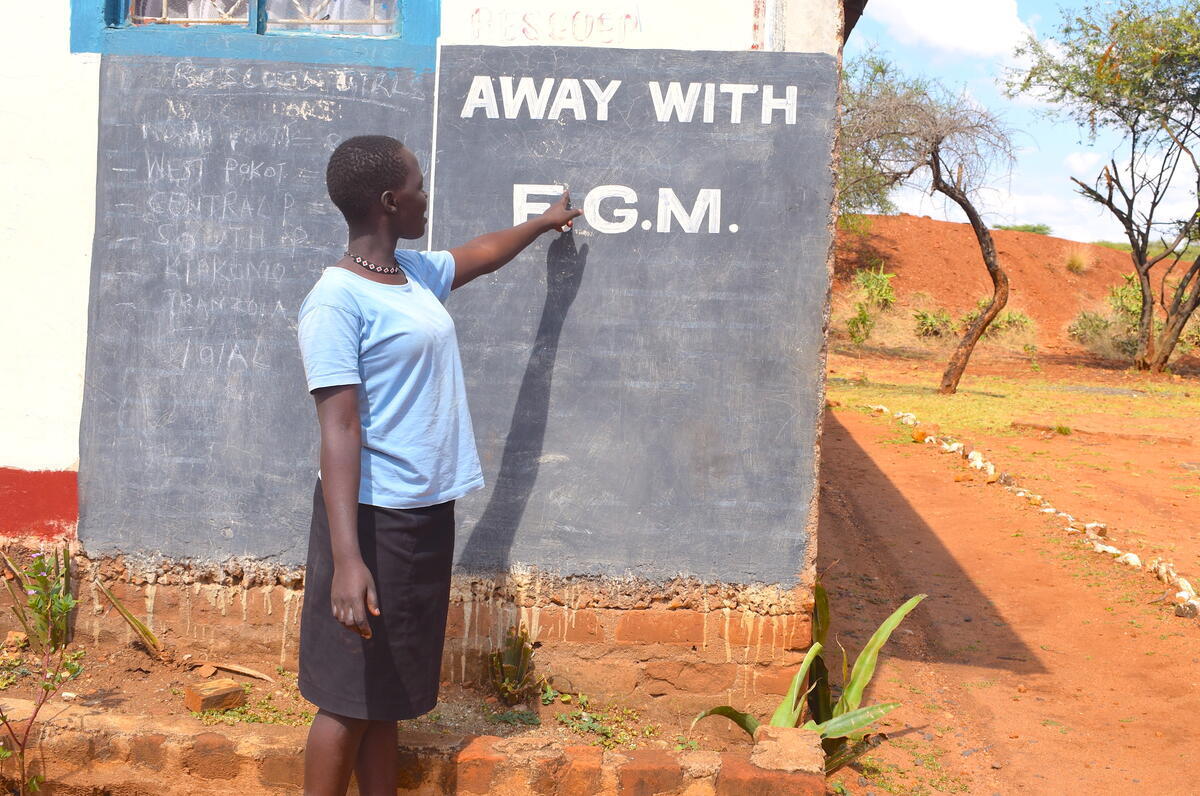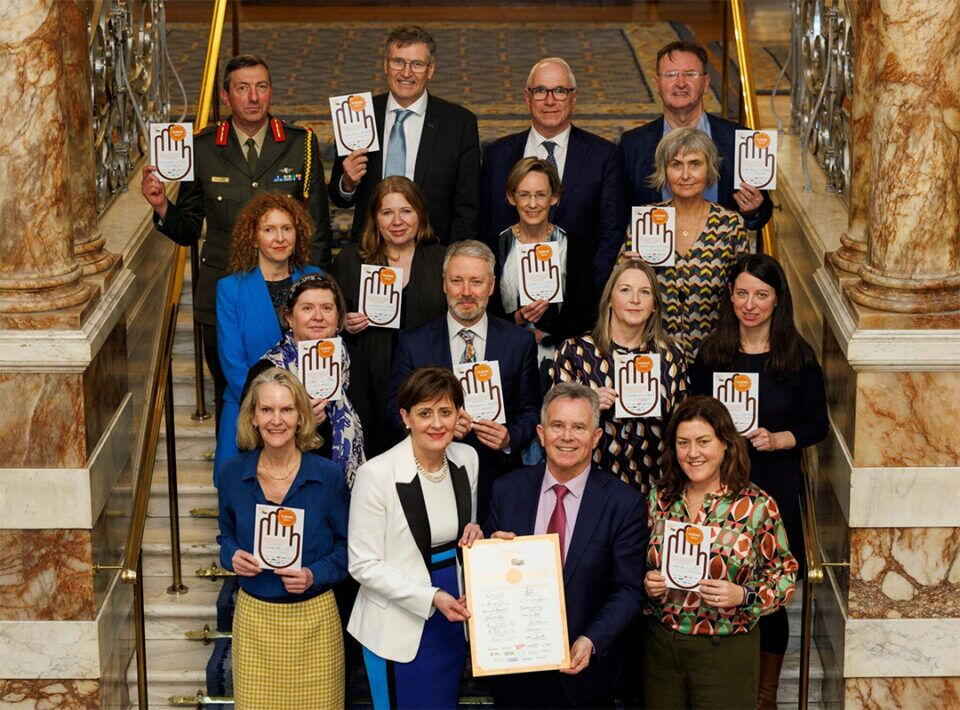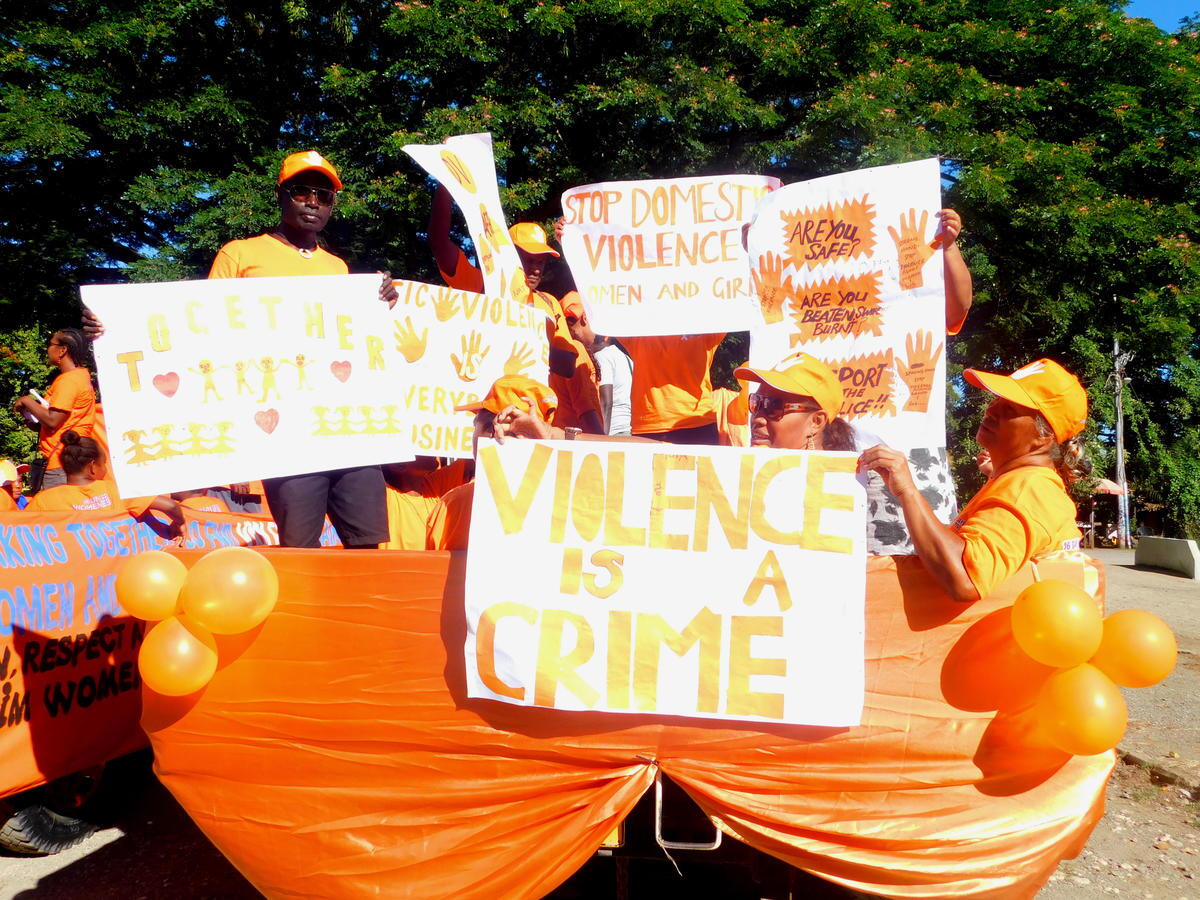Gender-Based Violence (GBV) refers to any harmful act perpetrated against a person based on socially ascribed gender differences. It encompasses physical, sexual, psychological, and economic abuse, and can affect anyone, women, men, girls, boys, and individuals of diverse sexual orientations and gender identities. While women and girls disproportionately bear the burden of GBV, it is a pervasive issue that transcends age, ethnicity, and geography.
GBV is one of the most widespread human rights violations globally. It undermines the health, dignity, safety, and autonomy of survivors and has devastating consequences for families and communities. The World Health Organization has described GBV as a global public health crisis of epidemic proportions.

At World Vision, we believe that promoting gender equality is foundational to sustainable development. GBV is deeply rooted in gender inequality and harmful cultural norms that reinforce power imbalances and restrict individual freedoms. In its most extreme forms, GBV includes crimes such as rape, honour killings, and harmful practices like female genital mutilation (FGM) and child marriage. More subtle forms, such as controlling behaviours, economic exclusion, and limiting access to education, are equally damaging.
World Vision’s response to GBV is holistic and community-driven. We work with women, men, girls, and boys as equal partners to challenge discriminatory beliefs and practices. Our programmes engage faith leaders, fathers, and youth to foster respectful relationships, promote positive masculinity, and create safe spaces for dialogue and transformation.

FGM, for example, affects over 200 million women and girls worldwide and is internationally recognised as a form of GBV. It causes severe physical and psychological harm and offers no health benefits. World Vision’s child protection efforts include education, advocacy, and alternative rites of passage to help communities abandon this practice and embrace healthier, empowering traditions.
worldvision
World Vision Ireland stands with survivors and communities in the fight to end GBV. Through education, advocacy, and partnership, we are committed to building a world where every person, regardless of gender, can live free from violence and realise their full potential.

The Irish Consortium on Gender Based Violence (ICGBV)
World Vision Ireland is a member of the ICGBV, an alliance of 14 international human rights, humanitarian and development organisations, including NGOs, Irish Aid and the Irish Defence Forces. Established in 2005 as a response to reports of ongoing and systematic sexual violence against women and girls in the Darfur Region of Sudan, it works collaboratively to increase knowledge and understanding of GBV and to promote high-quality programming and policy responses in humanitarian, development and peace support settings.
